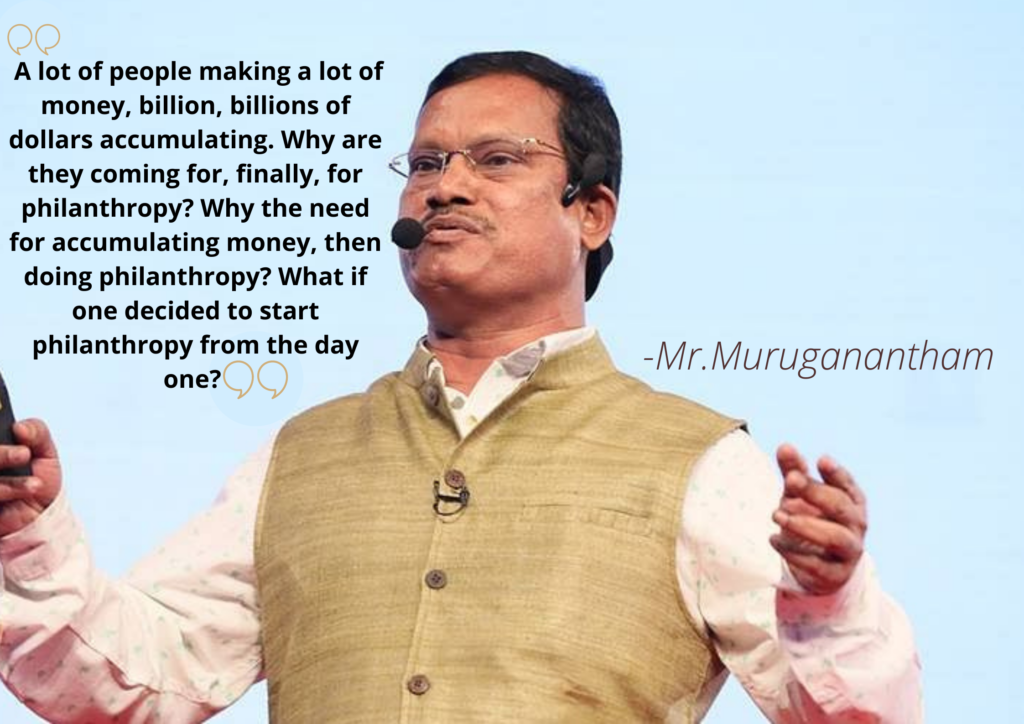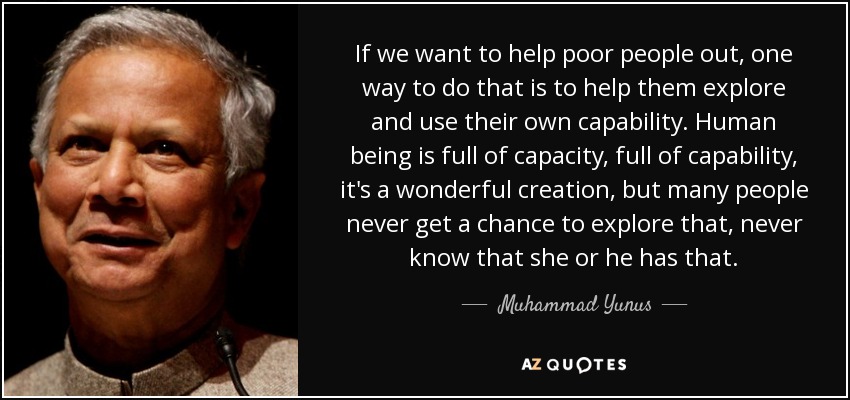Hi guys! Have you ever thought about becoming an asset for the nation and giving back to the society? If yes, then the Social Entrepreneurship might be the right career option for you. So, stay with me till the end of this article to know more about the same.

Table of Contents
Social Entrepreneurship
Social Entrepreneurship aims to create positive changes in society through various initiatives. A social entrepreneur takes risks and puts in the required effort to solve problems being faced by the people in the society. Hence, we can say that a social entrepreneur starts a start-up for the greater good of the society and not just for the traditional motive of corporate profits. However, this does not mean that entrepreneurs working for profits do not have any social responsibilities. For example, the new ‘Companies Act 2013’ mandates specified companies to undertake Corporate Social Responsibility (CSR) initiatives and mandatorily report these activities to the government. CSR refers to the commitment made by businesses to integrate social and environmental concerns into their businesses.
Other traits that are desirable for a social entrepreneur are optimism, leadership, persistence, creativity, empathy, emotional intelligence etc. Now, if you don’t think that you have any of these traits don’t worry! These traits can be developed over the period of time with practice. First, social entrepreneurs start by identifying problems in the society through their keen observation skills and by talking to people, then they identify which of these issues could be converted into business opportunities.
After that, they give an organizational structure and build a team to solve these issues. Gradually they scale up with persistence and resilience. Apart from this, one of the key traits of social entrepreneurs is a deep commitment to social justice, which propels them forward to make progressive changes in society.

Different kinds of Projects
Social entrepreneurship can take various forms. Community projects are small-scale efforts to address issues faced by a community. It does not require any degree in social entrepreneurship, great influence, etc. Volunteering for a local fundraiser or helping in cleaning up our streets are few examples of community projects.

Next comes Non-profit organizations which are focused on a specific cause instead of generating profit for the shareholders. This does not mean that they don’t spend money on operating costs like marketing, salaries, etc. Hence, if people come before profits for you, you can consider working for such organizations for a relatively less salaries.

Similarly, Cooperative societies function for the collective good of the individuals who come together to achieve a common economic interest. If that does not motivate you, then the following types are likely to do that!
Social enterprises are organizations that focus on social and environmental causes along with financial gains. However, this does not mean that these gains are for building up profits. Instead, they are for attaining self-sufficiency. Also, they focus on the marginalized and disadvantaged rather than the creamy layer. They tend to provide training in job skills for these deprived classes. A fine example of this could be Amul, a dairy cooperative that focused on new organizational structure by eliminating middlemen.
Finally, social purpose businesses focus on generating profit as well as driving positive societal changes. They try to strike a balance between these objectives and focus on impact investing, which intends to generate a financial return with special emphasis on producing social or environmental benefits. For instance, ‘Frontiers Markets India’ focuses on providing quality products and services to rural market places.

Courses on social entrepreneurship focus on diverse and interesting topics like Economics, financial management, accounting, marketing, business ethics, risk management, etc. An important component of these courses includes field visits to understand the ground realities and apply theoretical knowledge to alleviate the lives of the disadvantaged sections. These visits include identifying social entrepreneurial opportunities, visiting social enterprises, developing social projects, generating awareness and training people for social entrepreneurship.

Career Opportunities
Social enterprises offer various career opportunities in diverse fields like social marketing, operations management, public relations, financial management, accounting, human resources management, etc. Also, you can identify problems in the social sector by yourself and convert them into business opportunities. A famous example would be that of Mr. Arunachalam Muruganantham (referred to as the ‘Padman of India’).
He mentions that educational qualifications are not necessarily a precondition for social entrepreneurship. Other notable social enterprises include Range De (offering micro-credit to poor rural citizens), Selco (offering sustainable energy sources in rural areas) and Pipal tree (which formally trains youth for jobs in the organized sector). We should not forget Mr. Muhammad Yunus, the founder and manager of Grameen bank in this regard. He received the Nobel peace prize in 2006 for enabling the poor to get small long-term loans on easy terms.

Various business schools offer MBA programs in social entrepreneurship, sustainability, Corporate social responsibility (CSR), etc. The Indian School of Development Management (ISDM) offers a one-year course focusing on Social Purpose Organizations (SPOs) and the development sector. There are online courses from reputed organizations like Oxford university, Copenhagen business school, University of Pennsylvania, etc. There are various fellowships offered by institutes globally as well as locally. These include the Yunus and Youth fellowship, Social Innovation fellowship by Stanford graduate school, etc.
In India, Centre for Social Entrepreneurship at Tata Institute of Social Sciences (TISS) in Mumbai is currently offering a six-month online course on social entrepreneurship. Centre for Social Initiative and Management (CSIM) offers courses on social entrepreneurship as well as social Intrapreneurship.
A social intrapreneur is an employee within an institution (corporate, public, non-profit, etc.) that starts initiatives that focuses on social or environmental good while supporting the organization’s mission simultaneously. Even if both of these courses are related, they have an important distinction: while social entrepreneurs establish separate enterprises to create social good, social intrapreneurs create that social good from the inside of an existing entity. MA courses on social entrepreneurship are also offered by institutes like TISS School of rural development and Madras school of social work.
In conclusion, if you have a passion for transforming the lives of the downtrodden for the better and create enterprises for social good, then you could seriously consider choosing social entrepreneurship as a career option.
https://gyaannirudra.com/confused-about-career-decision-making/

So, If you liked this article and found some meaning in it to have growth in your life, then share it with your friends and people around you over social media to help them in finding meaning for their life.
Ladies and Gentlemen, my name is S. Deva Vikaas. I am from Chennai. Currently, I am pursuing my Bachelor’s in Industrial Engineering from the College of Engineering Guindy. My fields of interest include marketing, poster designing, content writing, and management. I believe in the values of hard work, resilience, and in having a growth mindset.



Greetings! Very helpful advice on this article! It is the little changes that make the biggest changes. Thanks a lot for sharing!
I have not checked in here for some time since I thought it was getting boring, but the last several posts are great quality so I guess I’ll add you back to my everyday bloglist. You deserve it my friend 🙂
I loved your blog article.Really thank you! Much obliged.